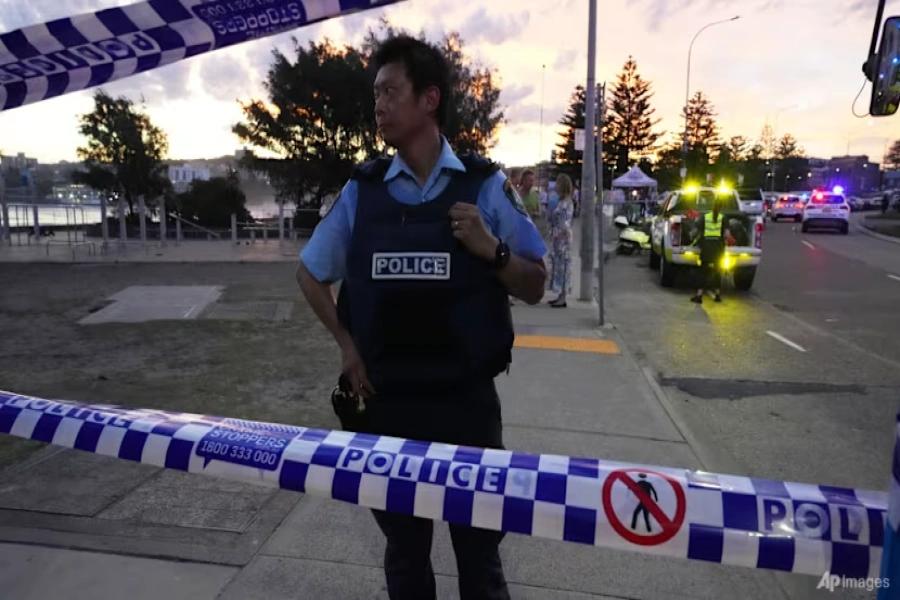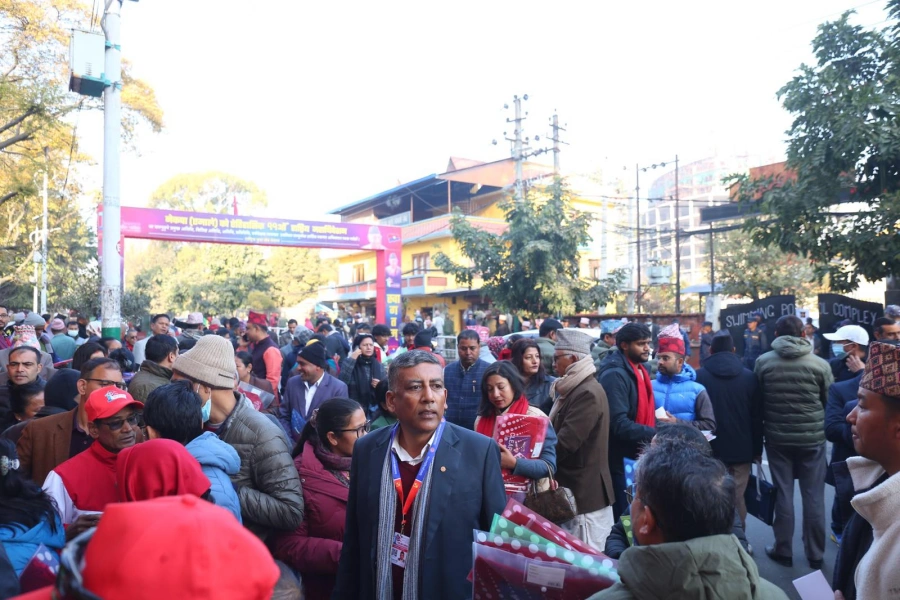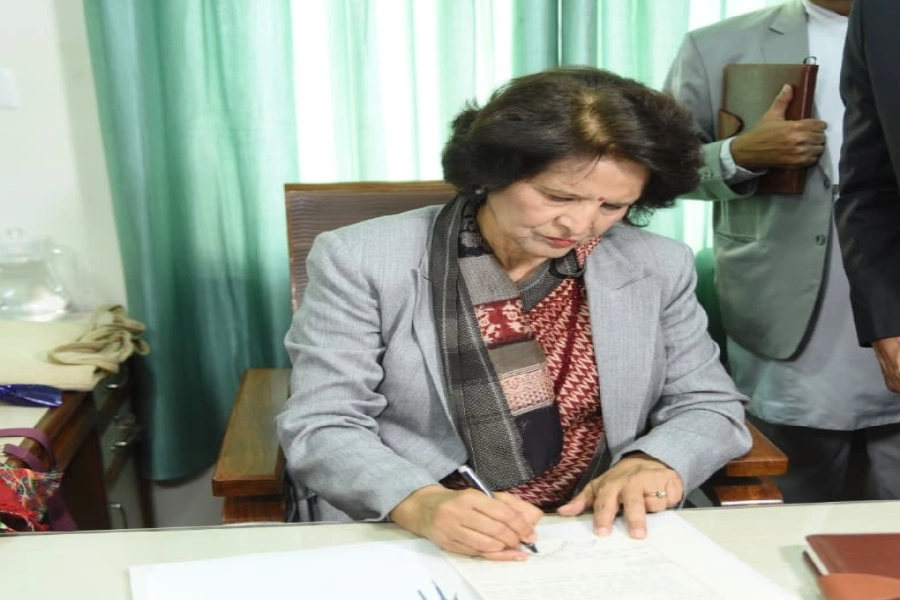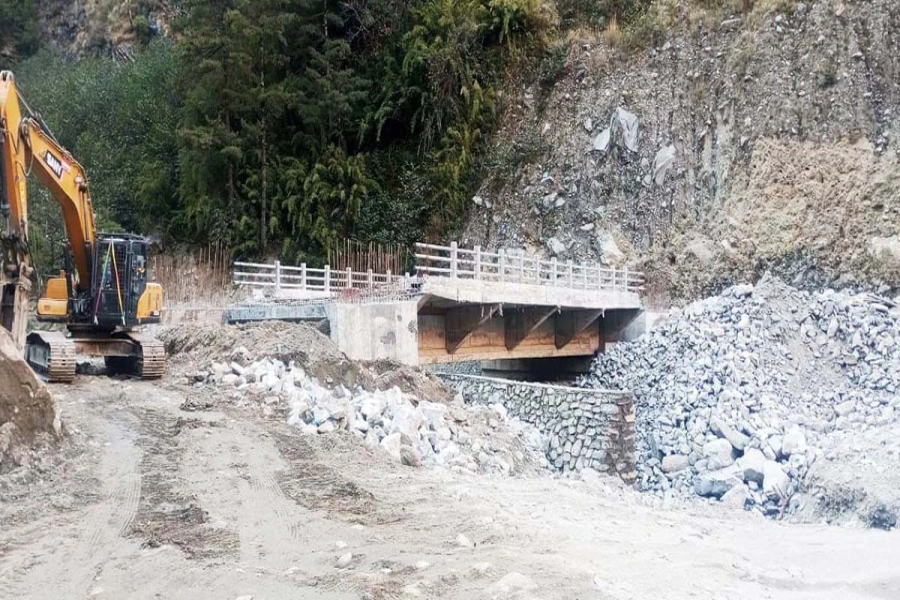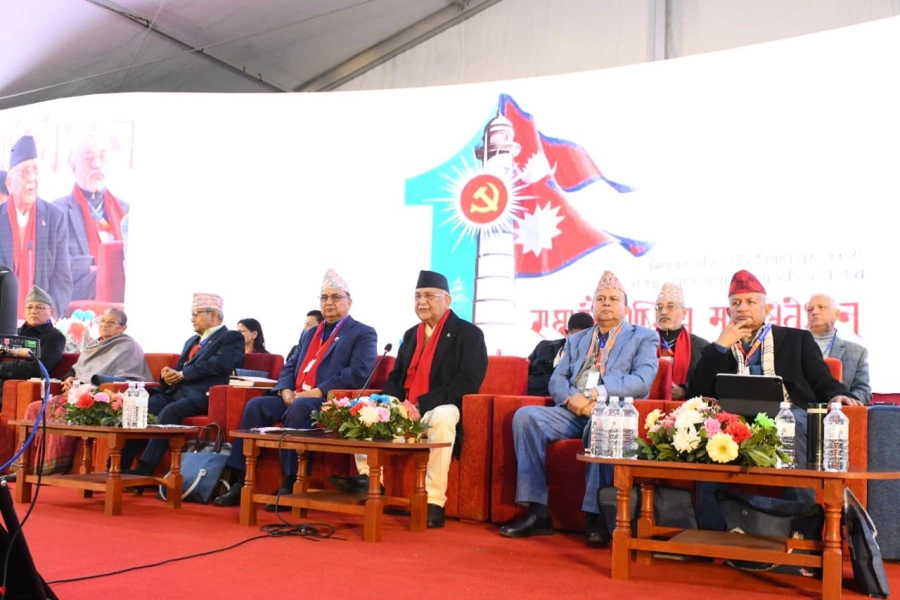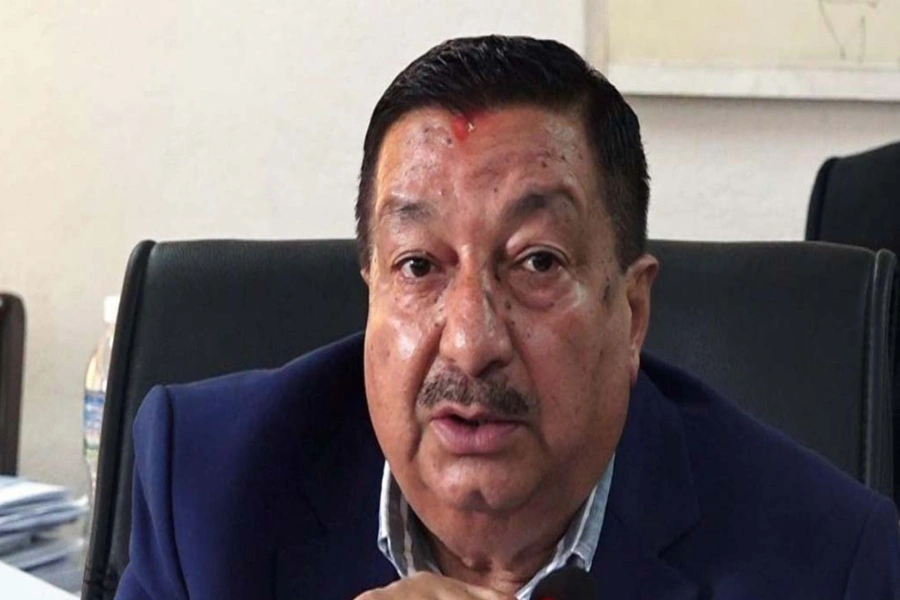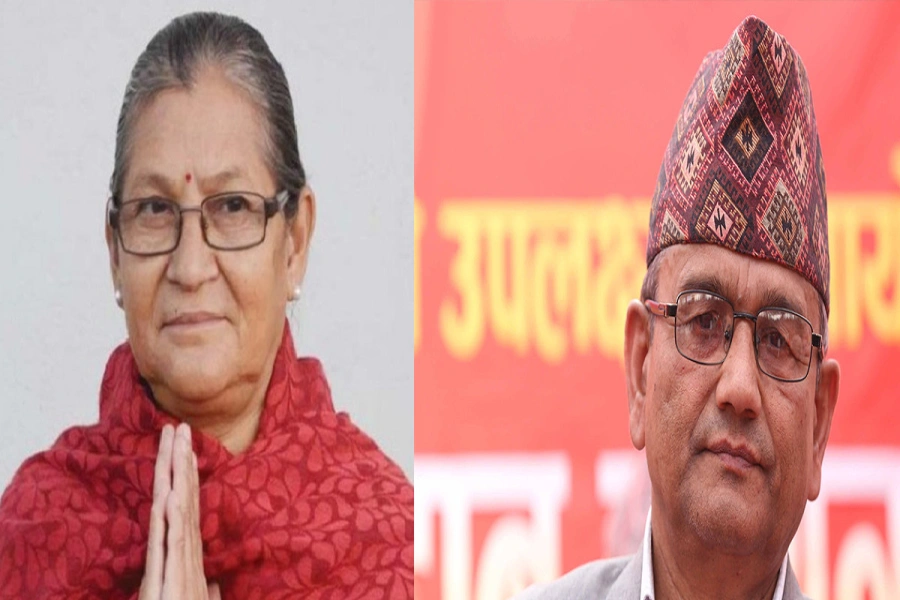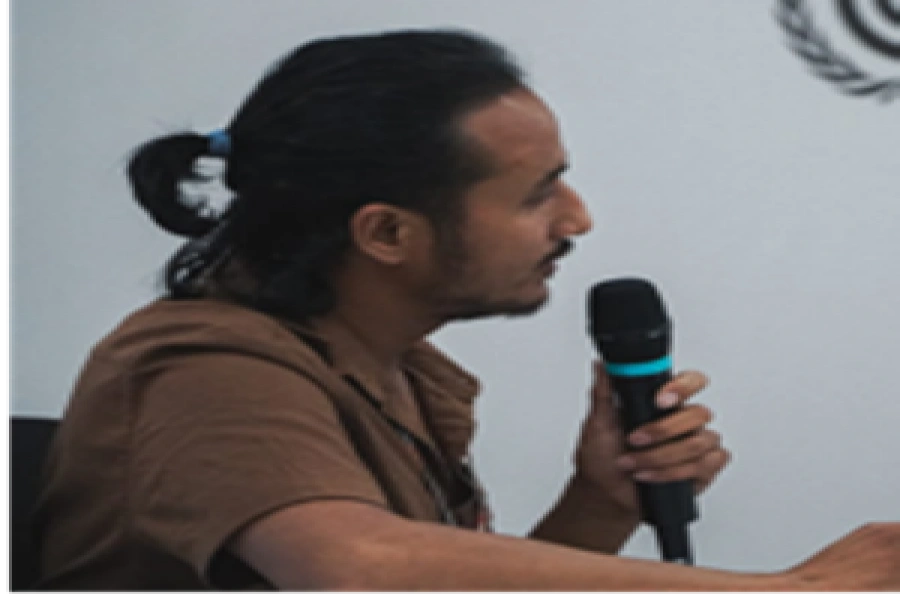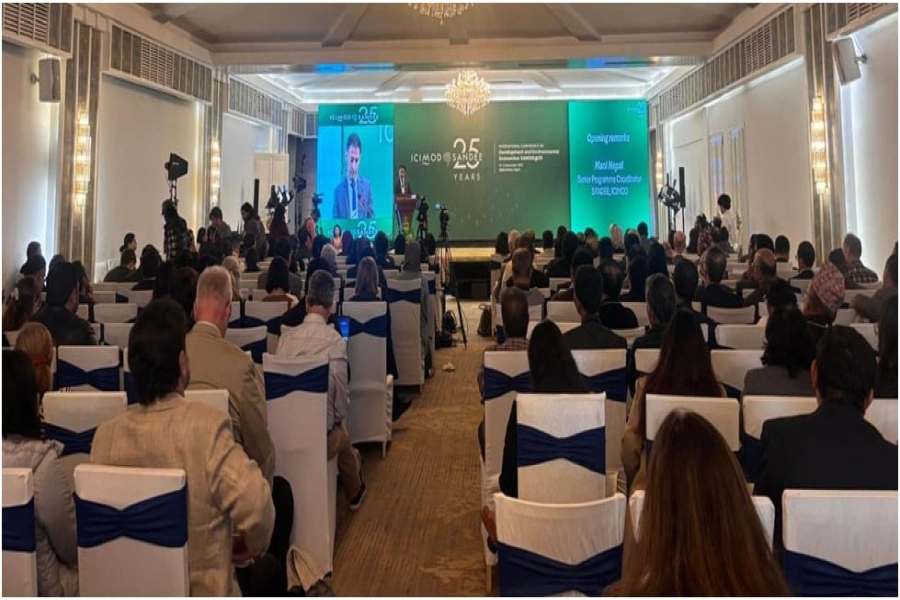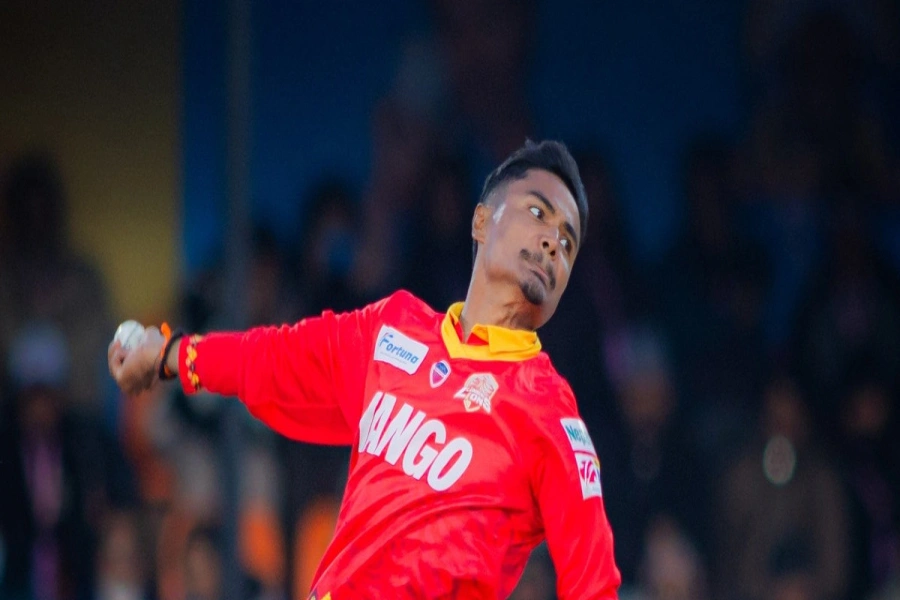KATHMANDU, Nov 27: Four international human rights organizations have criticized Nepal for making no progress in ensuring justice for victims of gross human rights violation and abuses during the decade-long Maoist insurgency even after 13 years of signing a peace deal.
Issuing a joint statement on Tuesday, the organizations—the International Commission of Jurists (ICJ), Amnesty International, Human Rights Watch and TRIAL International—said two commissions set up to address conflict-era atrocities have not been effective. They said impunity remains widespread and victims are still denied justice.
The rights organizations said they are particularly concerned about the recent developments that suggest the government will move ahead with the appointment of commissioners of the transitional justice bodies without making necessary reforms to the legal framework.
A recommendation committee headed by former chief justice Om Prakash Mishra had proposed probable commissioners for the Truth and Reconciliation Commission (TRC) and the Commission on the Investigation of Enforced Disappearance Persons (CIEDP).
International panel to criticize U.S. FAA's Boeing 737 MAX appr...

“It is astonishing that so little progress has been made in responding to the clearly articulated concerns and demands of conflict victims,” said Frederick Rawski, ICJ’s Asia-Pacific director. “These demands have included a transparent and consultative process for the appointment of commissioners, and a genuine effort in good-faith by political leaders and lawmakers to address serious weaknesses in the existing legal framework.”
According to the organizations, the victims and civil society are alarmed by the prospect of the government simply reappointing past commissioners or making political appointments, raising serious doubts of impartiality and independence of the appointment process.
“It is deeply disappointing that the government has repeatedly attempted to appoint the commissioners without adequate consultations and transparency. The commissions will not gain the trust and confidence of the victims and the international community if the political parties continue to interfere in the appointment process,” said Biraj Patnaik, director for South Asia at Amnesty International.
The organizations fear that the commissions will be re-appointed without amending the legal framework governing the transitional justice process and ensuring its compliance with Nepal’s international human rights laws and obligations. The move will be against the aspirations and demand of the victims and the civil society and will also contravene the Supreme Court’s directive, the statement said.
Conflict victims and civil society organizations have opposed the recommendation committee’s move.
“The government’s move has not only undermined the victims’ role in the transitional justice process, but has also once again brought into question its commitment to uphold its international obligations and ensuring justice in the conflict-era crimes,” said Tomás Ananía, TRIAL International’s Nepal program manager.
They have warned of proceeding with the universal jurisdiction in Nepal’s case if the country fails to settle the war-era cases in accordance with the international standards.
“Under the principle of universal jurisdiction, crimes such as torture and other grave human rights violations, committed by any person in any state, can be investigated and the perpetrator prosecuted anywhere in the world,” reads the statement adding, “This means that a citizen of any country, including Nepal, suspected of such crimes faces the risk of arrest and prosecution for these crimes in countries that apply universal jurisdiction.”


